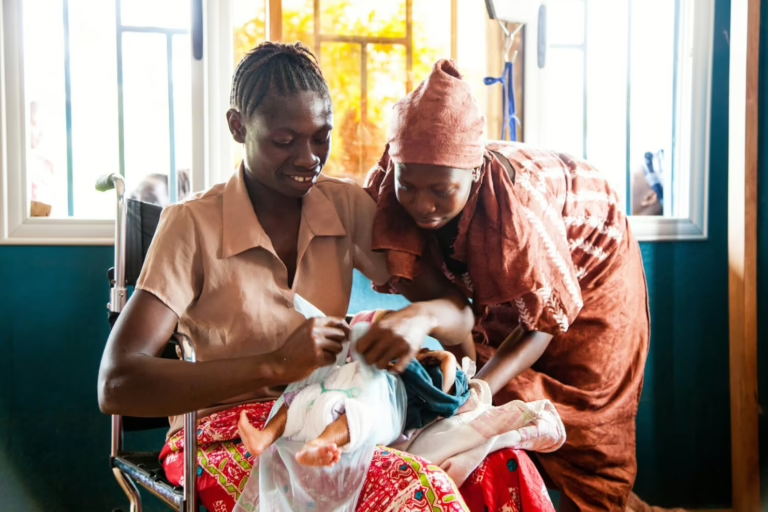Empowering Religious Leaders to Advocate for Family Planning and Child Spacing
Religious figures are being called upon to take a proactive stance in educating their communities about the significance of family planning and child spacing. These practices not only promote health advantages but also align closely with religious doctrines emphasizing moderation and responsibility.
Islamic Perspectives on Child Spacing and Health
In a recent discussion with LEADERSHIP Sunday, esteemed Islamic scholar Sheikh Bello Mai Nasiha highlighted the critical role of child spacing in safeguarding maternal and child health. He emphasized that Islam inherently supports balanced family growth, advocating for the well-being of both mother and offspring through responsible family planning.
Sheikh Mai Nasiha pointed out that many misunderstandings about family planning arise from a lack of accurate knowledge and misreadings of religious scriptures. He stressed that religious leaders have a duty to clarify these misconceptions by providing informed and thoughtful guidance.
Health and Socioeconomic Benefits of Planned Families
Properly timed pregnancies significantly reduce health complications, lower maternal mortality rates, and contribute to the overall stability of families. Beyond health, family planning empowers parents to better provide for their children’s education, nutrition, and upbringing-core responsibilities deeply rooted in Islamic values.
The scholar warned that having children without the necessary resources contradicts the principles of justice and compassion emphasized in Islam, underscoring the importance of thoughtful family growth.
Dispelling Myths and Bridging Knowledge Gaps
Given their respected status, religious leaders are uniquely positioned to dispel myths surrounding family planning, which is often mistakenly viewed as a foreign concept. Sheikh Mai Nasiha clarified that the essence of family planning is grounded in wisdom and accountability-values that Islam has long upheld.
He encouraged couples to seek advice from healthcare professionals alongside religious counsel when making decisions about birth spacing, ensuring a holistic approach to family health.
Collaborative Efforts for Community Awareness
Sheikh Mai Nasiha urged fellow scholars and Imams, particularly in Sokoto and neighboring regions, to integrate discussions on child spacing into their sermons and educational programs. This grassroots approach is vital for raising awareness in both rural and urban settings.
Furthermore, he called on government bodies and NGOs to partner with religious institutions in awareness campaigns. Such collaborations can effectively merge medical expertise with religious teachings, fostering greater acceptance and understanding of family planning within communities.
Current Context and Global Trends
Recent data from the World Health Organization indicates that appropriate birth spacing can reduce infant mortality by up to 45% and maternal mortality by 30%. Countries that have successfully integrated religious leaders into family planning initiatives, such as Indonesia and Egypt, have seen significant improvements in public health outcomes.
These examples demonstrate the powerful impact of combining faith-based guidance with scientific knowledge to promote healthier families and communities worldwide.


















0 Comments